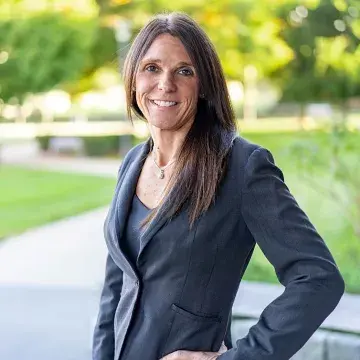Susan Schwab Heyman

Education
J.D., Benjamin N. Cardozo
B.A., Brandeis University
Susan Heyman joined the Roger Williams University School of Law faculty in the fall of 2011. She had previously been at the Benjamin N. Cardozo School of Law in New York. She graduated magna cum laude from Cardozo, where she was executive editor of Cardozo Law Review and the recipient of the Felix Frankfurter Award. She clerked for the Honorable Robert E. Cowen of the U.S. Court of Appeals for the Third Circuit and for the Honorable William H. Walls, U.S. District Court for the District of New Jersey. As an associate at Debevoise & Plimpton LLP from 2002 to 2008, Professor Heyman spent two years in the corporate department, after which she joined the litigation department, focusing on complex commercial litigation.
Articles
"Digital Realty Trust v. Somers: Whistleblowers and Corporate Retaliation," 24 Roger Williams University Law Review 78 (2019)
"Corporate Privilege and an Individual’s Right to Defend," 85 George Washington Law Review 1112 (2017)
"Rethinking Regulation Fair Disclosure and Corporate Free Speech," 36 Cardozo Law Review 1099 (2015)
"The Quiet Period in a Noisy World: Rethinking Securities Regulations and Corporate Free Speech," 74 Ohio State Law Journal 189 (2013)
Book Review, "Contracts in the Real World: Stories of Popular Contracts and Why They Matter by Larry Cunningham," Concurring Opinions (October 17, 2012),
"The Missing Elements of Contract Damages," 84 Temple Law Review 119 (2011)
"Bottoms-Up: An Alternative Approach for Investigating Corporate Malfeasance," 37 American Journal of Criminal Law 163 (2010)
"Bringing Down the Bar: Accountants Challenge Meaning of Unauthorized Practice," 21 Cardozo Law Review 1425 (2000)
